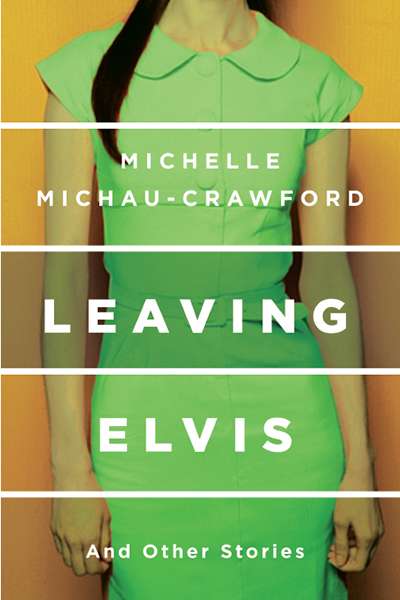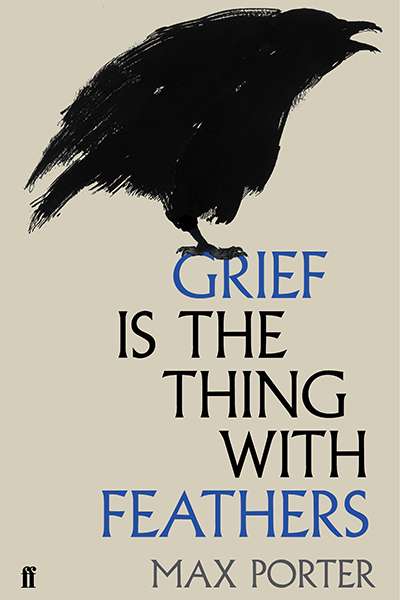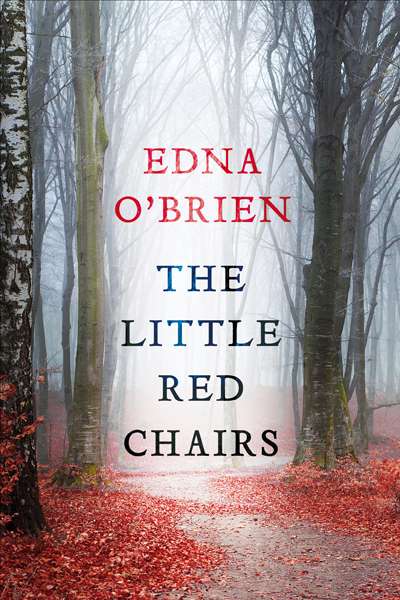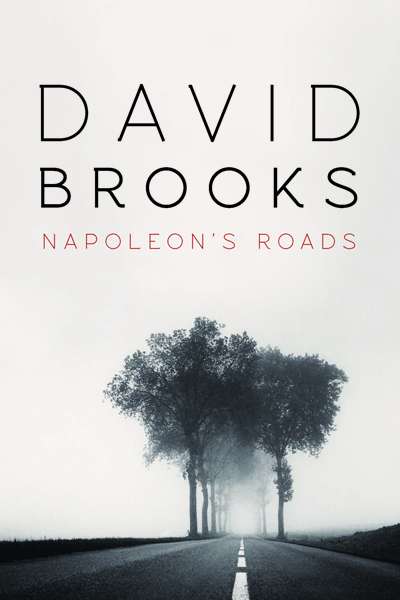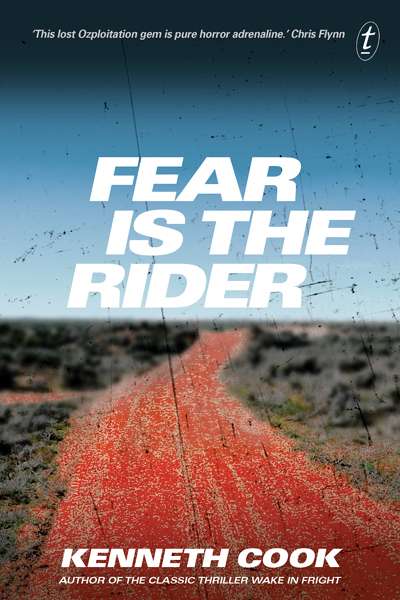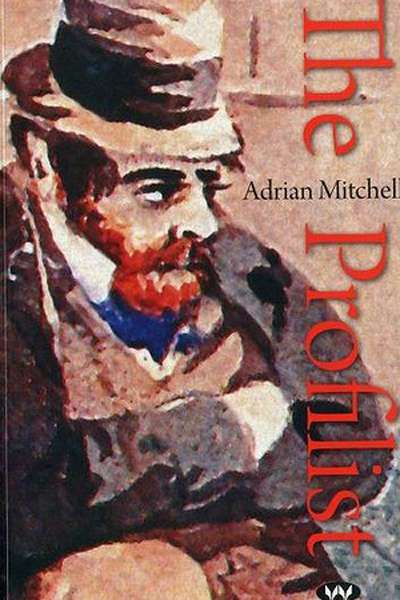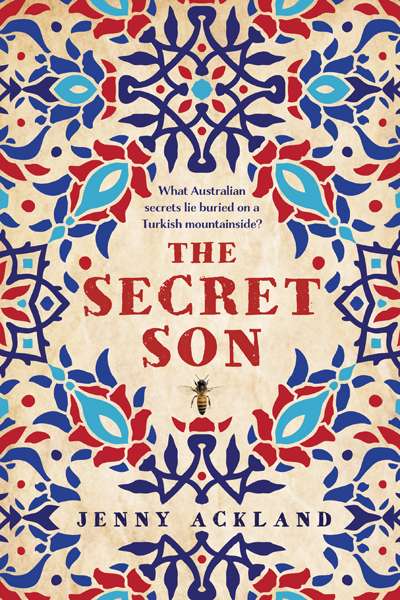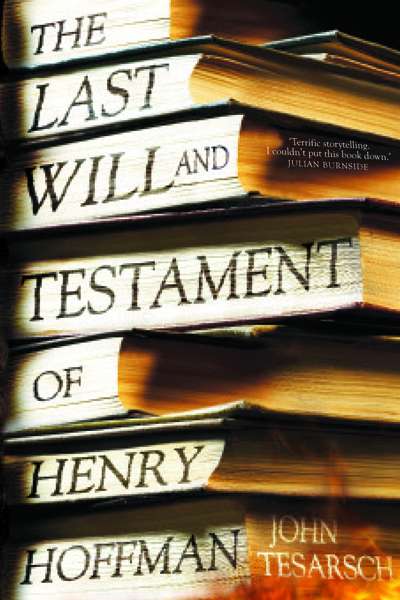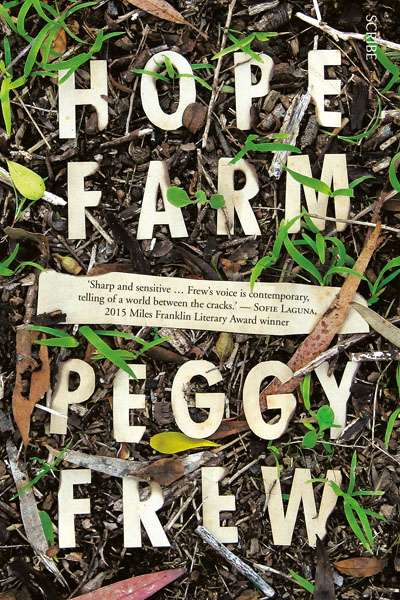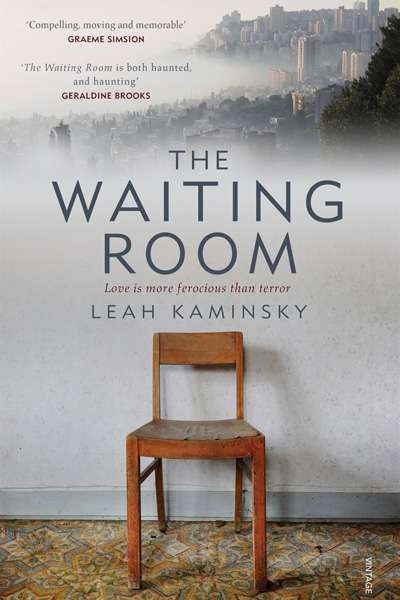Fiction
Leaving Elvis and Other Stories by Michelle Michau-Crawford
Michau-Crawford's accomplished début collection bears comparison to Tim Winton's impressionistic The Turning (2005) and Elizabeth Strout's Olive Kitteridge (2008), though Leaving Elvis is properly neither the portrait of place nor of a single character. The place might be any dilapidated small town in the wheat-belt region of Western Australia. Th ...
Crow is wild. His black eyes glint and his beak seems to smile. Malicious and mischievous, he sits in a living room with two boys and their father wrapped in his wings. The woman who was their mother and wife has died, leaving the family 'like Earth in that extraordinary picture of the planet surrounded by a thick belt of space junk'.
Crow is the titular bir ...
Edna O'Brien, in a recent interview, recalled being stuck for a plot. It was a filmmaker's remark about Tolstoy that sparked her latest novel, The Little Red Chairs: '[Charlie McCarthy] said, "Tolstoy said there are only two great stories in the world. A Man on a Journey, or A Stranger Comes to Town." And at that moment I thought, I've got it. I'm going to ...
'Why do we write?' asks David Brooks at the start of this exhilarating collection of short stories. 'What are we groping for?' The entire collection seems like an attempt to answer a question that the author acknowledges is unanswerable. Yet there is no futility here. His groping, as he calls it, charms and disturbs and conjures up images of extraordinary, if fleeti ...
There is something alluring about the publication of a lost or unknown literary manuscript. How will it fit into the author's body of work? Is it inferior to or better than the published work? Does it illuminate a hitherto unknown aspect of the author's thinking, or make you re-examine the known sequencing or themes? These questions were on my mind as I read Fea ...
'Everything is so sedate you could weep for vexation.' The first novel of literary academic Adrian Mitchell is a strange one. It is a fictional memoir that aims to inhabit the imagined world of the colonial artist S.T. Gill. This is a conceit that should free the narrative from the mundane, but The Profilist is a study in the ordinary.
The novel is ...
Jenny Ackland, in her fine début novel, re-imagines Australia's historical landscape, exploring a fictional world in which Ned Kelly fathered a son. Delving into relationships that span generations and continents, Ackland merges the stories of James Kelly, a young man who fights at Gallipoli in 1915 but 'won't kill any man' and Cem, a lost young man looking to conn ...
The Last Will and Testament of Henry Hoffman by John Tesarsch
John Tesarsch's second novel, following the acclaimed The Philanthropist (2010), concerns the will of Henry Hoffman, a brilliant but taciturn mathematician who has committed suicide on his farm in rural Victoria. Hoffman's three children – doctoral student Eleano ...
'I try to imagine going back': so begins a story about a woman remembering her childhood even when it seems she would just as soon forget it. Hope Farm is Melbourne writer and musician Peggy Frew's second novel. Her terrific début, House of Sticks (2011), was about, among other things, contemporary parenthood and the rhythm of conventional and unc ...
'Freg nisht dem royfe, freg dem khoyle – Don't ask the doctor, ask the patient,' my grandmother says in Yiddish, one of eight languages at her disposal, having grown up in Europe during World War II and migrated as a teenager to the multilingual melting pot of Israel. I smile and ask her for another gem. My grandmother obliges, this time with a juicy-soun ...


